Pregnancy Confirmation and Tests
FAQs
When used correctly, home pregnancy tests can be pretty accurate. Most tests have a 99% accuracy rate from the day you miss your period. However, research shows that some tests are a bit more sensitive and precise than others. For the best chance at an accurate result, it’s a good idea to wait about a week after missing your period.
Although it’s not common, you might get a false positive on a pregnancy test. This means the test says you’re pregnant when you’re not. It happens because the test picks up on the hCG hormone, which is usually a sign of pregnancy. This could be due to several reasons like a recent miscarriage, some medications, or health conditions like a pituitary disorder or kidney disease.
Make sure to closely follow the instructions that came with your test. Don’t forget to check the expiration date and try not to drink too much before taking the test, as it might water down your urine. If you get a positive result, chances are you’re pregnant. But if you’re still unsure, it’s totally okay to take another test in a few days or chat with a healthcare professional for peace of mind.
Besides using home pregnancy tests, you can also get a blood test at your doctor’s office to confirm if you’re pregnant. A blood test can pick up on the pregnancy hormone hCG early, even before you miss your period, and it’s a bit more precise than the tests you take at home.
First up, try a home pregnancy test to check if your hunch is right. If the test is positive,, it’s time to give your healthcare provider a call and set up your first prenatal visit. They might do a blood test or an ultrasound to confirm.
If you think you might be pregnant, go ahead and take a home pregnancy test. If you get a positive result, it’s time to get in touch with a healthcare provider and schedule your first prenatal check-up. Also, don’t forget to give yourself some extra love by eating healthy, starting on prenatal vitamins, and steering clear of things like alcohol and tobacco.
Once you’ve confirmed you are pregnant, take some time to think about your options. Whatever path feels right for you, make sure to get the medical care and counseling you need. Feeling overwhelmed? It’s totally okay to ask for professional help. And remember, there’s no rush to make any decisions right away. If you aren’t sure what your options are, contact NCHS Pregnancy Services and speak with one of our specialists at 877.420.4747.
Your baby’s due date is usually 40 weeks from the first day of your last period. But only a small amount of babies decide to show up right on their due date. Most babies are born sometime between 37 and 42 weeks.
To get a rough idea of how far along your pregnancy is, just start counting from the first day of your last period. An ultrasound can give you a clearer picture, but remember, every pregnancy is different, and babies grow at their own pace.
Baby sizes can really differ depending on how far along your pregnancy journey you are. Like, at 8 weeks, your little one is roughly the size of a kidney bean or a raspberry. Fast forward to 20 weeks, and they’ve grown to the size of a banana or a sweet potato. By the time you hit 40 weeks, you’re looking at a size close to a small pumpkin or watermelon. Your healthcare provider can fill you in with more details tailored to your pregnancy. Remember, every baby grows at their own pace.


